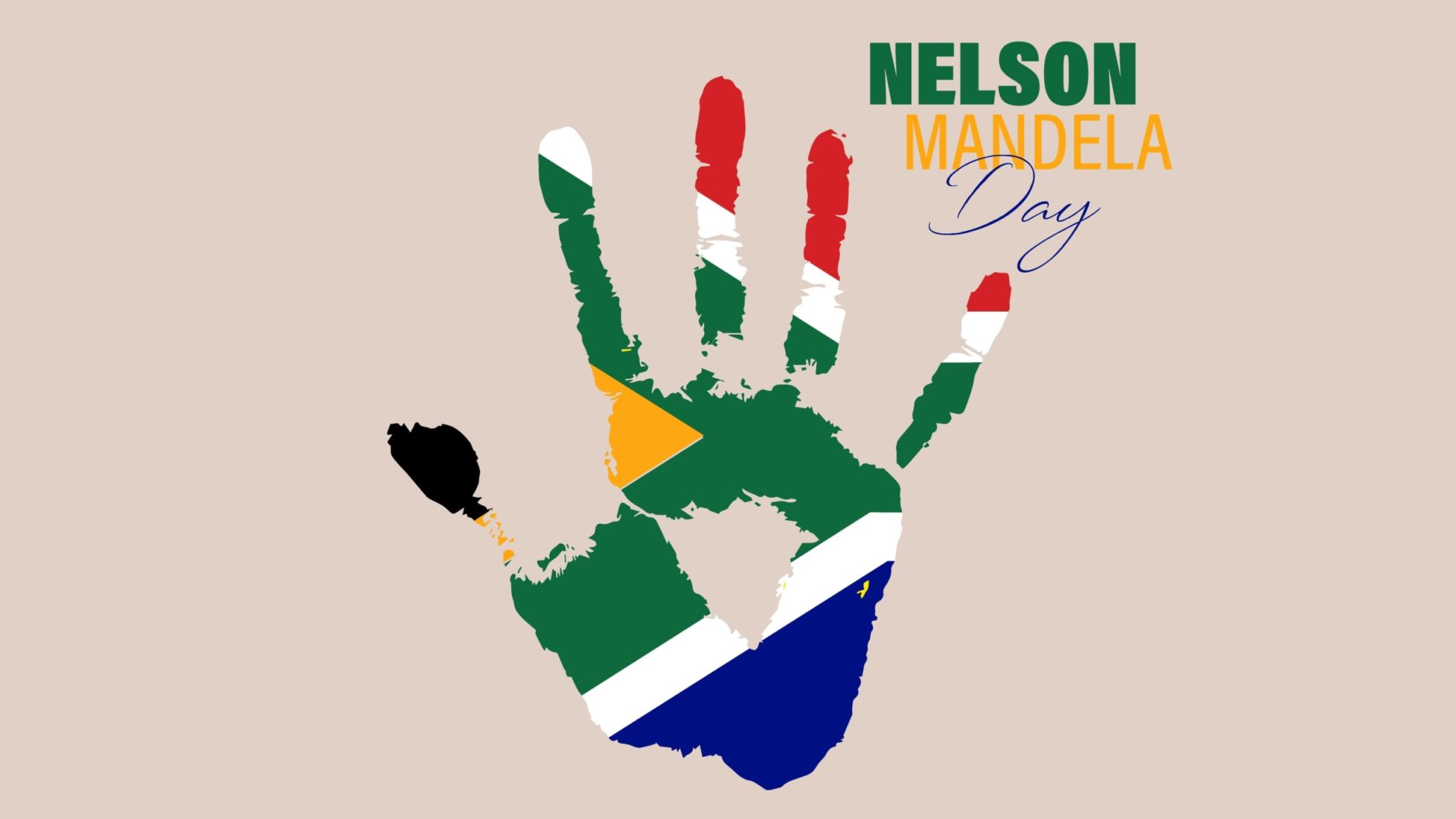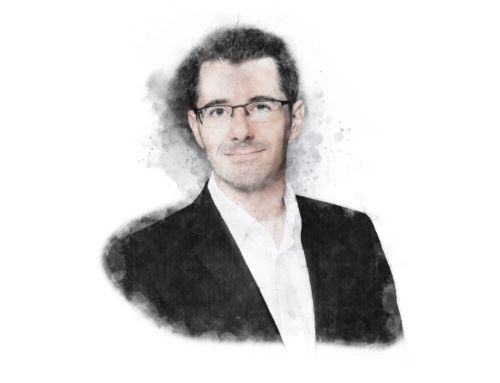Nelson Mandela fought all his life against racial segregation in South Africa. Honouring his efforts, he was awarded the Nobel Peace Prize in 1993.
The Life of Nelson Mandela
Nelson Mandela was born as Rolihlahla Mandela on 18 July 1918 in Mvezo, South Africa, Rolihlahla translates as “troublemaker”. The name Nelson by which he is now known was only given to him later by his teacher. Mandela completed school and then began to study law among other things. To escape forced marriage, he fled to Johannesburg.
Mandela became involved in the ANC (African National Congress) and participated in the founding of the ANC Youth League in 1944. As chairman of the ANC Youth League, he fought peacefully for the rights of people of colour. Even after his organisation was banned by the state, he continued to fight underground.
The Apartheid Regime: Political Segregation
Mandela grew up under the apartheid regime, which served to secure the rule of the white population. Apartheid is Afrikaans and means “separation”. The situation became particularly bad from 1948 onwards, when strict racial segregation influenced all public life and was enforced with massive police violence. People of colour were oppressed and marginalised, mixed marriages and contact with the white population were forbidden. Most of them lived in poor conditions and had neither running water nor electricity.
The Time After Mandela’s Imprisonment
In 1964, Nelson Mandela was arrested and sentenced to 27 years in prison for his political activities, of which he actually served 26 years. During his imprisonment, he was imprisoned on the notorious Robben Island prison (for 18 years), among other places, where he had to work in the quarry.
Mandela became a symbolic figure for the struggle against racial segregation, for freedom and humanity. On 11 February 1990, Nelson Mandela was released from prison after 26 years. He received support from the African President Frederik de Klerk and also the pressure from the people of colour and the world public in general grew.
In 1993, Mandela and de Klerk were awarded the Nobel Peace Prize in recognition of their struggle against racial segregation.
In 1994, when the first equal elections, regardless of skin colour, were held in South Africa, Nelson Mandela was elected the first president of colour of the Republic of South Africa. During his term in office, Mandela ended apartheid and campaigned for a democratic South Africa. In doing so, reconciliation and peaceful change were very important to him. In 1999, he voluntarily resigned as president and established, among other things, the Nelson Mandela Foundation.

Nelson Mandela fought all his life against racial segregation in South Africa.
Nelson Mandela’s Death
On 5 December 2013, Nelson Mandela died at the age of 95 because of pneumonia. To this day, he is affectionately called “Tata Madiba”, Father of the Nation, by South Africans. Translated, “Tata” means father, “Mandiba” is the name of the clan to which he belonged.
International Nelson Mandela Day
In November 2009, the UN General Assembly declared Mandela’s birthday as International Nelson Mandela Day. It has been celebrated annually on 18 July since 2010. The commemoration day is intended to honour Mandela’s decades-long commitment to a free and just South Africa. Moreover, it serves as a reminder of his life’s work to future generations and of what is really important: peace and humanity.









